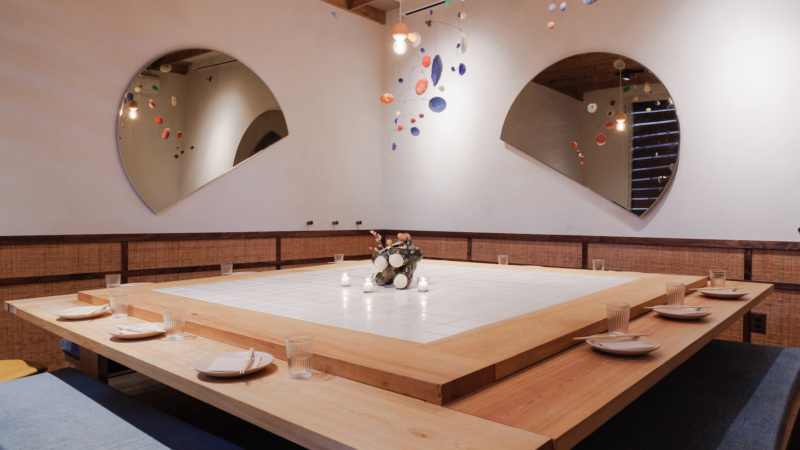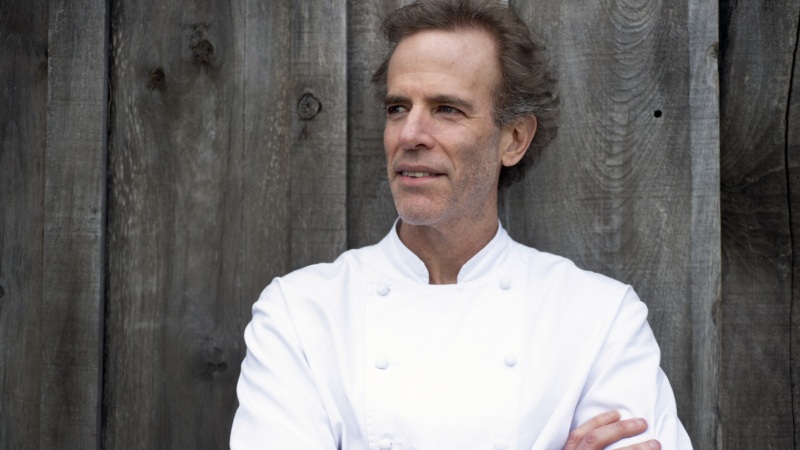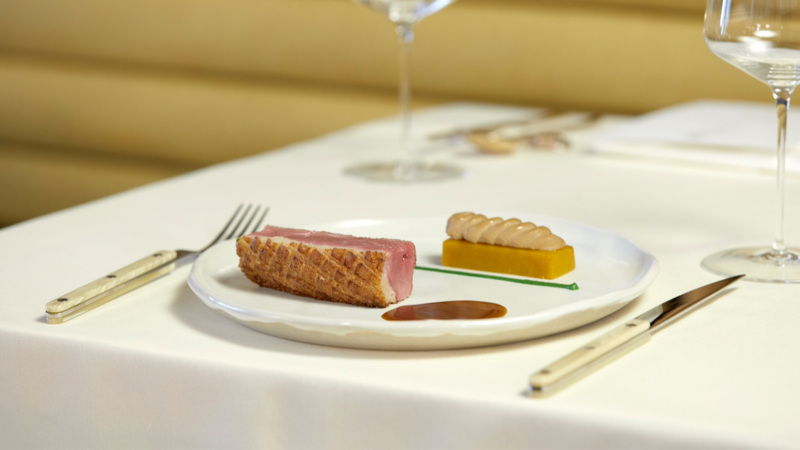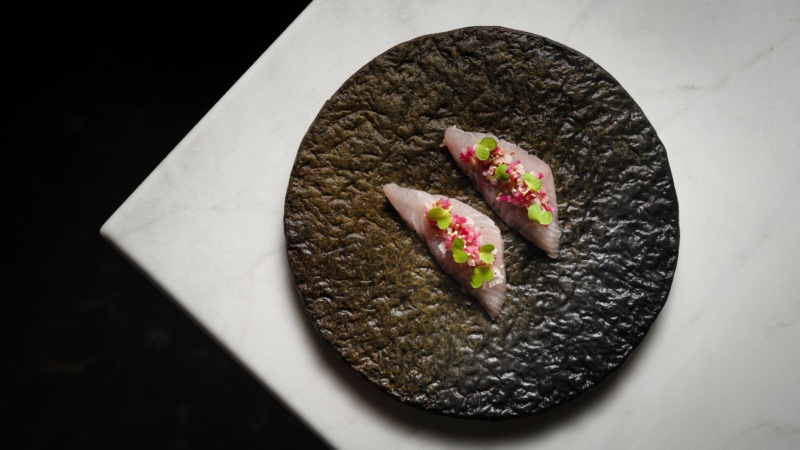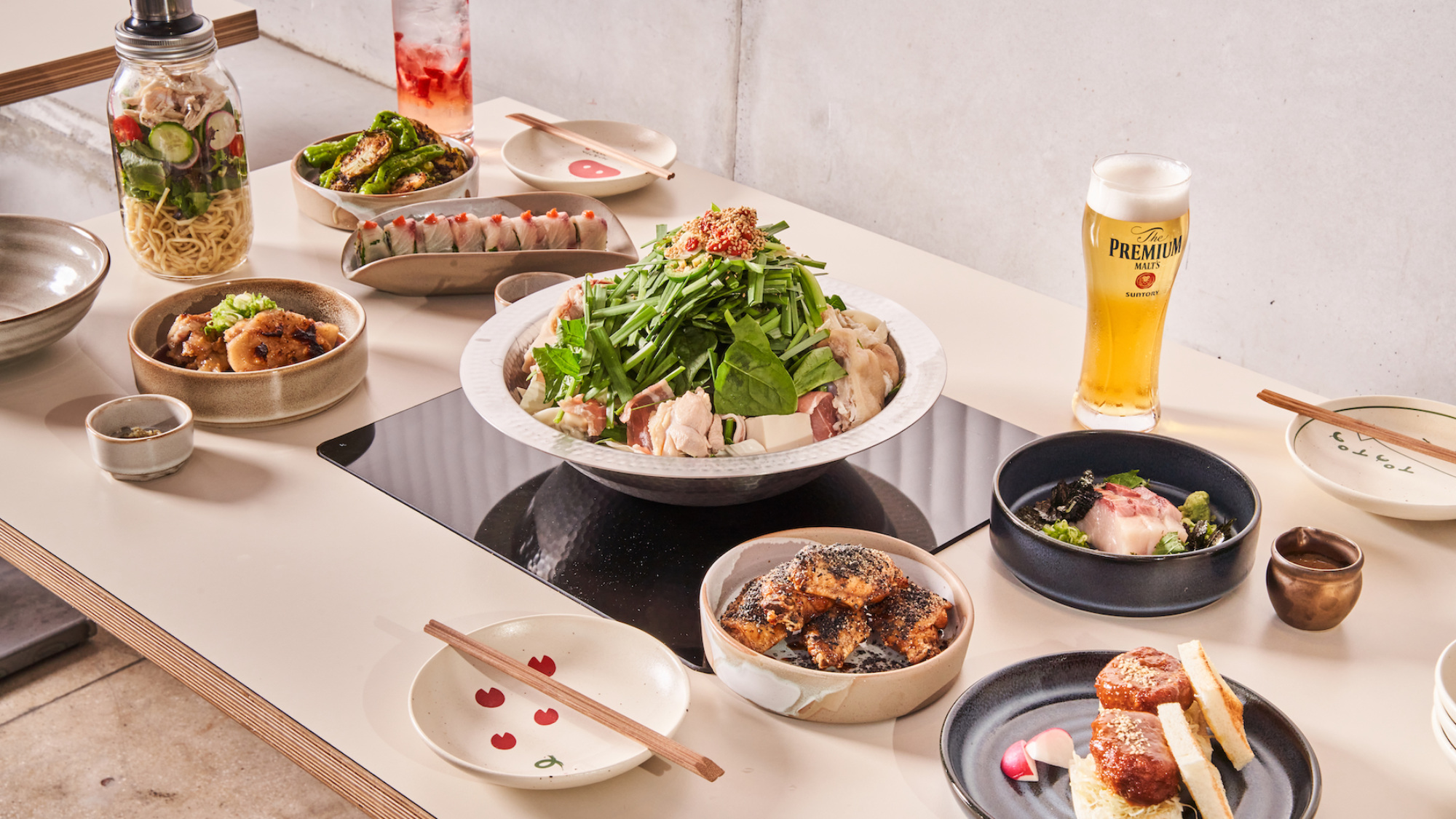
Everything You Need to Know About Hakata TonTon, Now Back in New York’s Koreatown
The closure of Hakata TonTon, the quirky and highly pork-centric Japanese hot pot specialist in the West Village — also known for its complimentary Pez dispensers and candy in 2020 — was one of New York’s saddest pandemic-related restaurant casualties.
But good news: It’s back. And so is that steamy, collagen-rich hot pot. The Pez candy, sadly, is not — you can’t get everything you want, you know? (However, there are a few Pez dispensers on display in the restaurant, so see if you can spot them).
Here’s everything you need to know before you go to the new Hakata TonTon, opening in Midtown on Thursday, Aug. 18.
1. Wait, how did this happen?
Hand Hospitality, the same restaurant group behind New York restaurants like Izakaya Mew, Jua, and Atoboy, resurrected Hakata TonTon and brought it to K-Town, in the space formerly occupied by Korean restaurant Madangsui. In 2021, Hand hosted a takeout pop-up collaboration between their Flushing location of Izakaya Mew and Hakata TonTon with the intention of eventually reopening Hakata TonTon.
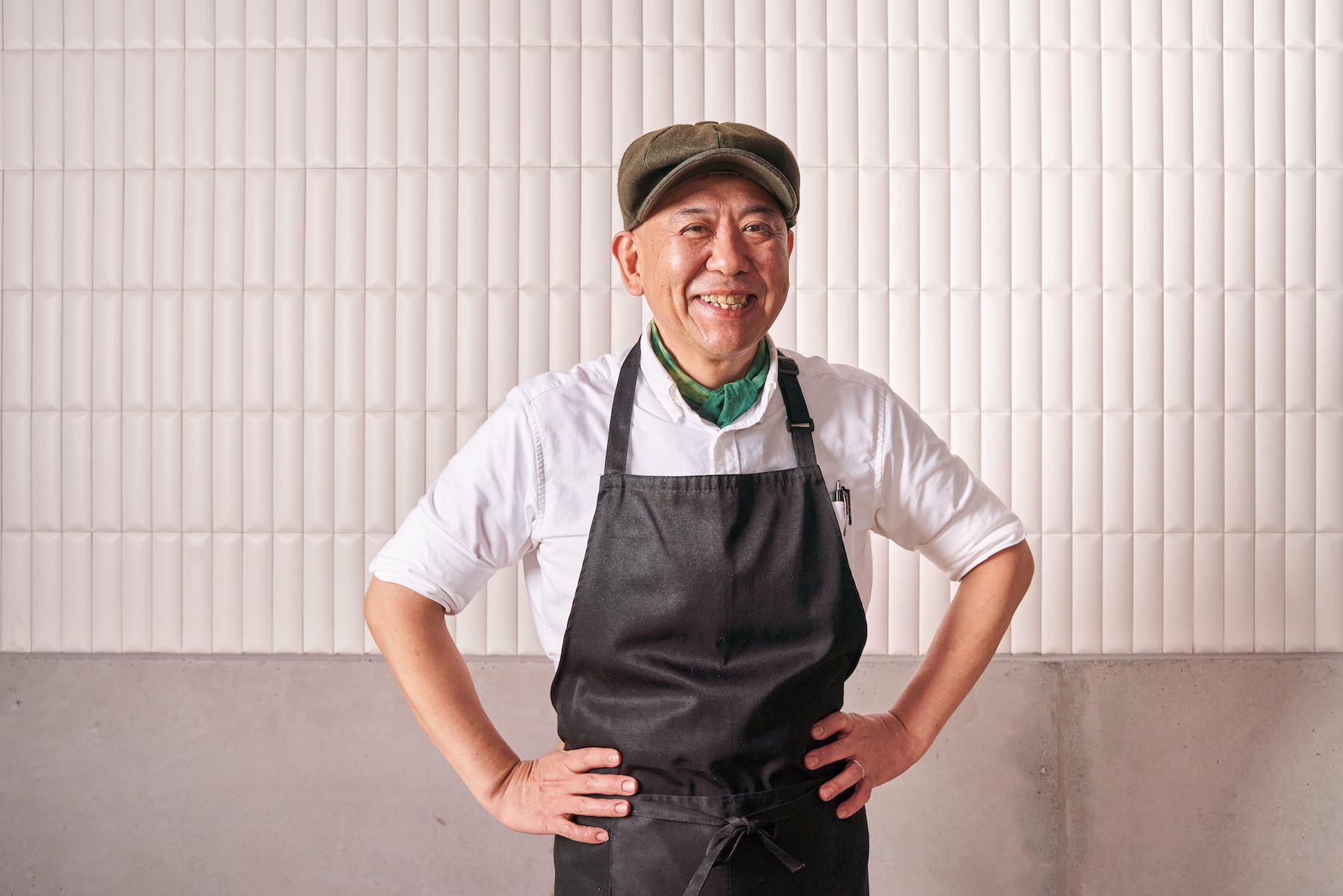
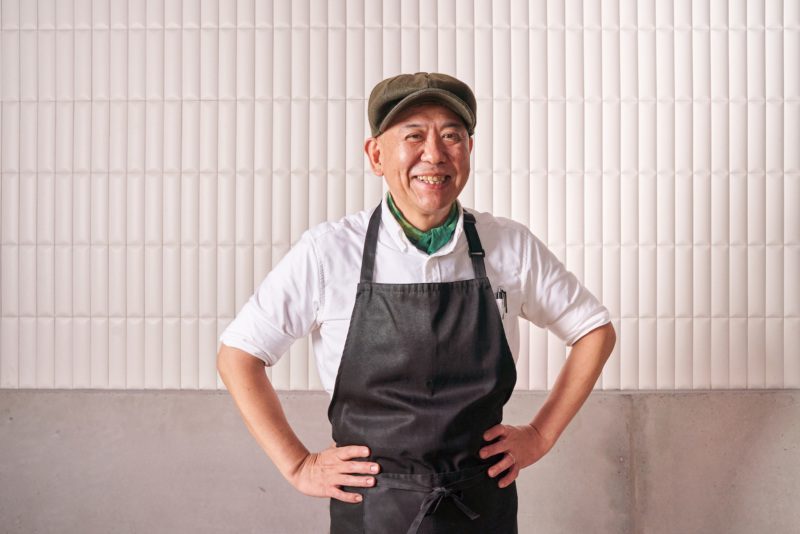
2. You’ll see some familiar faces.
With the revival, Hand made sure to bring back Hakata TonTon vets, including longtime chef Koji Hagihara, who worked at Hakata TonTon for eight of its 13 years in the West Village, as well as general manager Ikumi Murakami, who worked as a server at the original Hakata TonTon for three years.


3. The menu is mostly new, but they haven’t forgotten about the OG classics.
The majority of the menu — 60% — is totally new. And whereas the original Hakata TonTon was known mainly for its hot pot, this new Hakata TonTon wants to become an izakaya-style destination for New Yorkers.
Hagihara feels freer to experiment with the menu now, and he’s leaning more into inventive tapas-style small bites, like a goma hamachi, made with hamachi amberjack instead of the traditional mackerel, or a mentaiko-laced gnocchi dressed with shiso leaves. There’s even a mabo tofu dish on the menu, too, reflecting his time spent cooking at Dynasty, the Chinese restaurant of the Hilton Tokyo Bay where he learned about Japanese Chinese cuisine from chef Sodo Miyamoto, combining the bold flavors and spices of Chinese live-fire wok cooking with Japanese techniques. Another dish to look for is the Shake Shake ramen, Hagihara’s take on chilled mazemen, which is served in a clear glass shaker and shaken tableside with its sesame-based dressing before being poured and presented to you.
Hakata TonTon regulars and diehard fans need not fret, however. The pig’s feet-laden hot pot, or motsunabe, is still there, as is the yuzu miso pork, served on skewers, and the veal-liver sashimi.


4. There’s a robust cocktail menu now, too.
The full bar features classic cocktails with a Japanese twist, like the Wasabi, made with Roku Japanese gin, cucumber, lime, and wasabi, or the Ume, a daiquiri-inspired drink made with white rum and pickled ume, lime, and cherry blossoms. There’s also a wide selection of Japanese beers, sake, shochu, and whisky, including some sourced directly from Fukuoka.
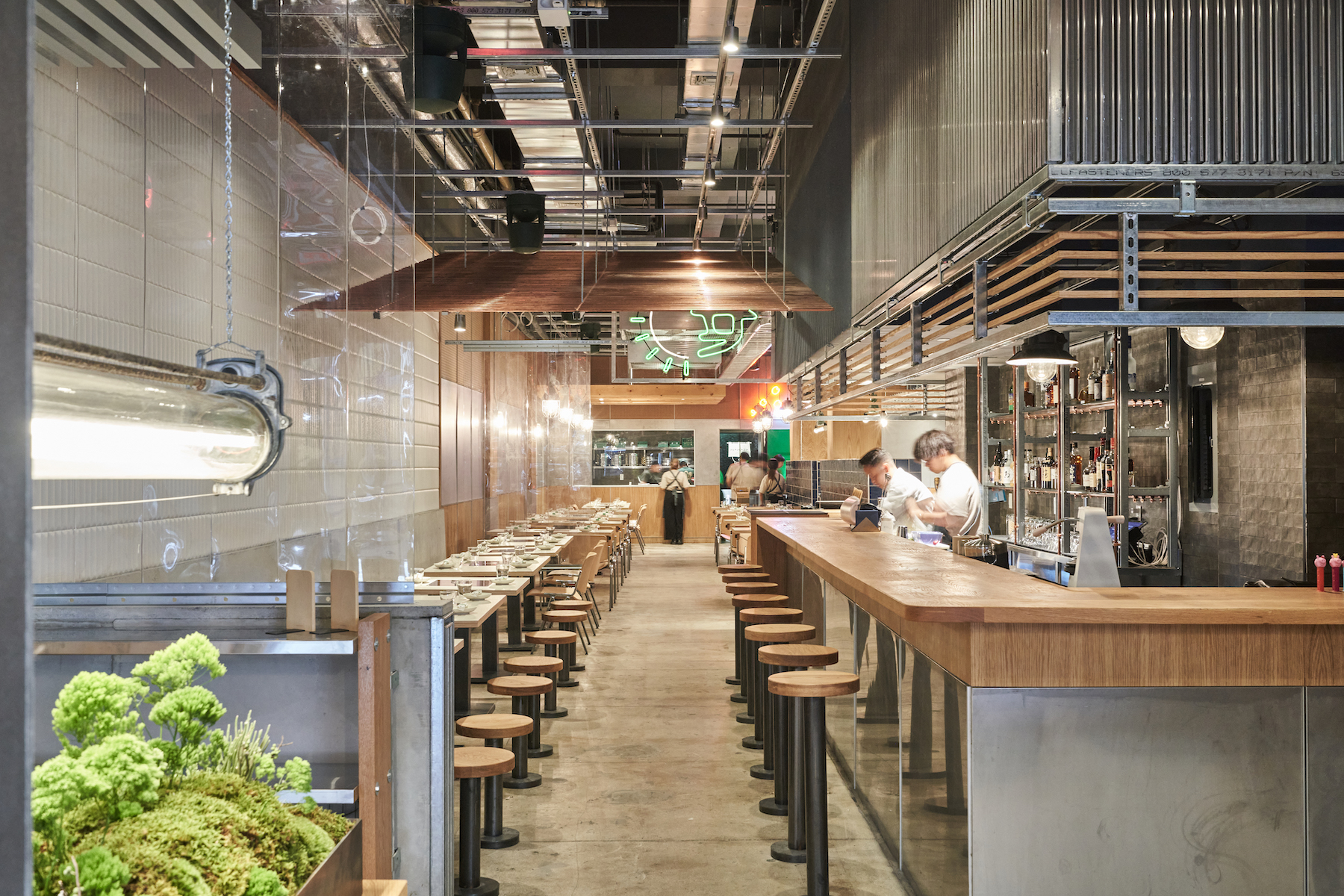
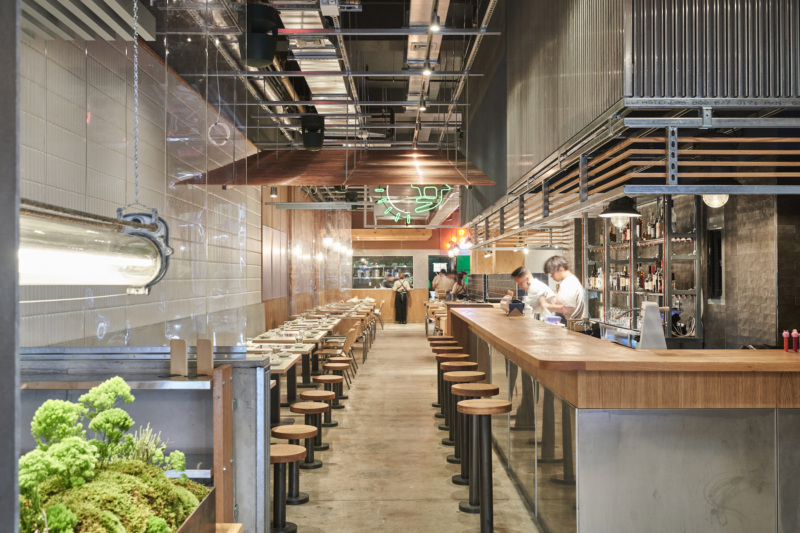
5. The surroundings are different, but the vibes will (hopefully) stay the same.
The original Hakata TonTon wasn’t necessarily known for its space or design, but that’s where it differs from this new one. In line with Hand Hospitality’s other restaurants like Jua and LittleMad, the new Hakata TonTon has the look and feel of a minimalist, more industrial, and modern-looking restaurant space — and one that’s got plenty of room, with seats for up to 86 diners (78 in the dining room and room for eight at the bar).
Most of all, though, Murakami and Hagihara hope that everyone who steps through the doors of the new Hakata TonTon feels welcome — and that some of that magic from the original spot makes its way uptown, too.
Says Hagihara (with Murakami translating for him), “I felt shocked when they closed [the original Hakata TonTon], but I’m so excited to open a new Hakata TonTon, and I can’t wait to see everyone here.”
Hakata TonTon is open from 5 to 9:30 p.m. Sundays through Thursdays and from 5 to 10 p.m. on Fridays and Saturdays.
Deanna Ting is Resy’s New York Editor. Follow her on Instagram and Twitter. Follow Resy, too.







